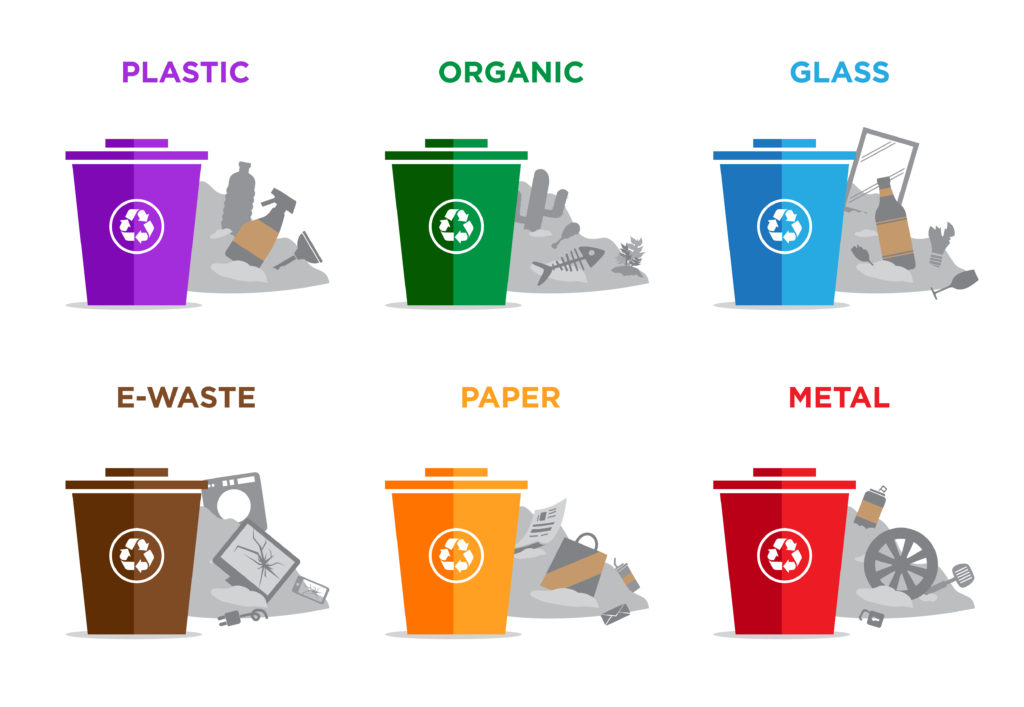
You are probably well aware that proper disposal of trash and recycling is important for human beings and our environment, but as you move through your days, don’t forget about the impact that litter can have on wildlife.
Everyday items such as soda cans and plastic bottles can be deadly for unsuspecting wildlife and even dogs and cats. But it doesn’t have to be this way! Here are some simple tricks that you can do to help prevent animals from suffering:
Don’t feed the bears!: The “garbage-killed bear” is more than a cute turn of phrase. Rather it’s an accurate description of a tragedy that plays itself out more and more frequently as people move into bear country and bears learn that people carry tasty – if not very nutritious – food. Once a bear becomes conditioned to human food it’s too late to help. A so-called “problem bear” can’t be fixed; it must be prevented. And the only way to prevent it is for every single individual visiting a national park and nearby areas to be scrupulously stingy about letting bears have any human food. Bear-proof trash cans offered by Securr Trash Cans work well to keep bears out of garbage. They help protect bears from their taste for unhealthy snacks. Stashing your trash in these containers can save a bear’s life.
Soda rings: Six-packs of soda often come strung together by plastic rings, and too often curious animals get their heads stuck inside, causing injury or even death. Cut apart all sections of plastic six-pack rings, including the inner diamonds.
Fishing lines and hooks: Birds frequently get their beaks wrapped or wings tangled up in discarded fishing line. Hooks can be swallowed or become embedded in birds’ skin or beaks. If you spot fishing litter, pick it up and dispose of it.
Beer and soda cans: Even the tiniest animals can fall victim to litter. Discarded soda cans are tempting to small animals who are looking for food or shade. Luckily, this little skink was freed during a beach clean-up. Animals can also be cut by cans’ sharp edges. Be sure to dispose of your cans responsibly. Rinse and crush cans before tossing them into the recycling bin. You can also fold the tab back to block off the hole on the top.
Chewing gum: Animals often step in gum, which can become matted in their fur or feathers, making it difficult for them to move. Never spit gum onto the ground. Wrap it in paper and dispose of it in a proper receptacle.
Tin cans, cups, and jars: Hungry animals desperate for even just a few crumbs often get their heads stuck in discarded cans, cups, and jars. Always rinse out containers (and place the lids back on them!) and crush metal cans before disposing of them.
Plastic bottles and bags: Whales, turtles, and seabirds often mistake trash for food, and if eaten, it can choke them or cause fatal stomach or bowel obstructions. When shopping, choose paper bags or take your own reusable bags whenever possible.
Remember: Never, ever litter. Animals of all kinds often mistake trash for food or shelter. Securely cover garbage cans and recycle bins so that animals can’t get into them and become trapped inside. And don’t forget to keep an eye out for other people’s trash, too. Your actions could be the difference between life and death for an animal.